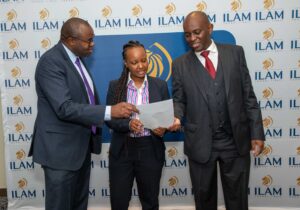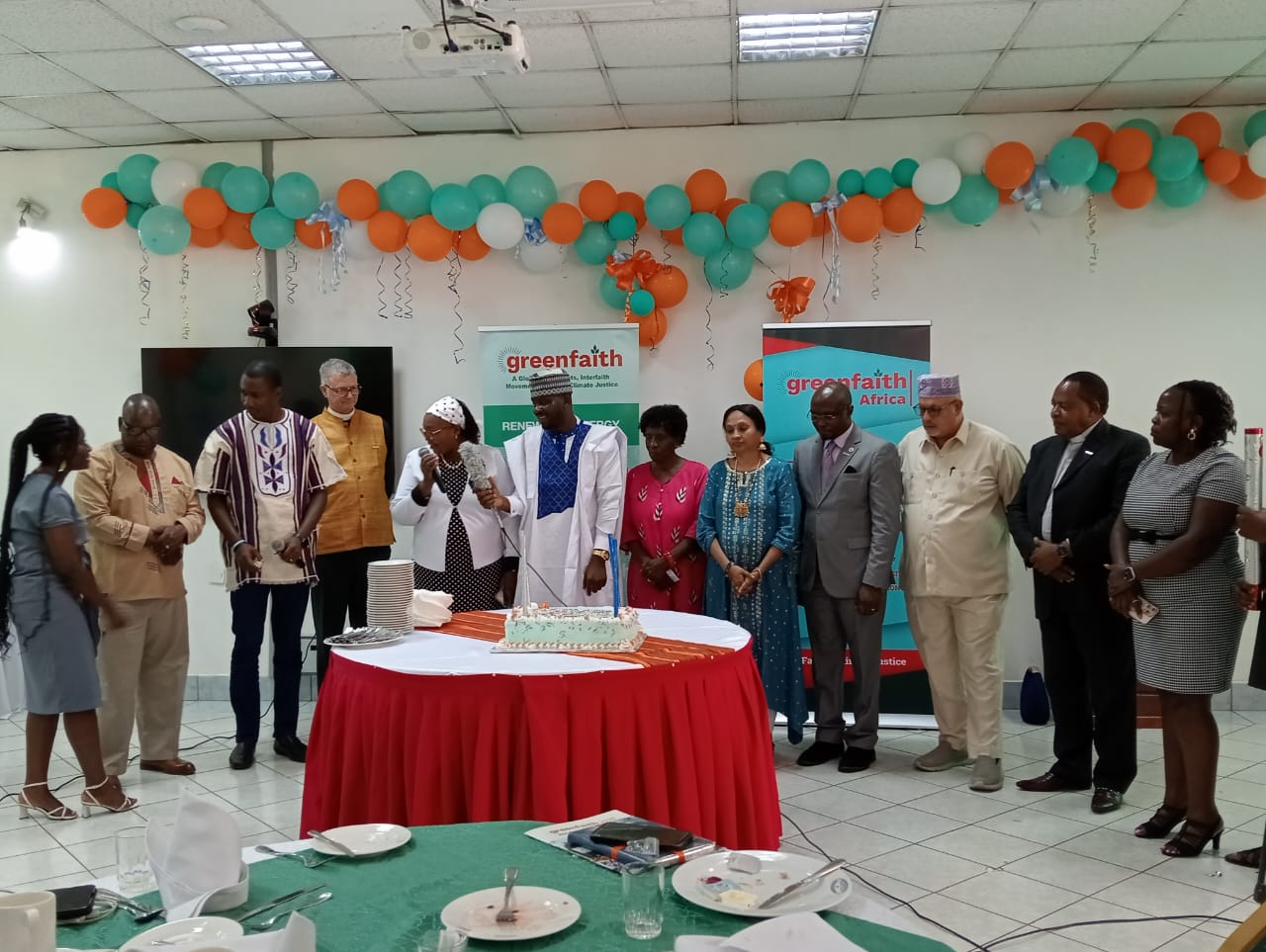
ILAM Fahari Real Estate Investment Trust (NSE: FAHR) has received the regulatory approval to delist from the Main Investment Market Segment (MIMS) of the Nairobi Securities Exchange (NSE), effective Monday, February 12, 2024. The last day of trading will be Friday, February 9, 2024.
This follows the resolution by unitholders of IFIR to restructure and delist and the subsequent approval for delisting by the Capital Markets Authority (CMA). On November 24th 2023, the unitholders, during a special Extraordinary General Meeting (EGM), approved all the resolutions recommended by the Management and approved by the Board of Trustees.
ILAM Chief Executive Officer, Mr. Einstein Kihanda, said IFIR is in the process of applying to have its securities admitted for trading over the counter on the Unquoted Securities Platform (USP) of the NSE.
“We welcome the approval by the Capital Markets Authority. This decision aligns with our commitment to enhancing value for our unitholders, ensuring a more agile and efficient operation and pursuing a more focused investment strategy that aligns with the evolving needs of our unitholders,” Mr Kihanda said.
The delisting from the MIMS of the NSE and the subsequent trading over the counter on the Unquoted Securities Platform (USP) of the NSE will provide greater flexibility in managing the REIT’s portfolio and will not affect the unitholders’ ability to trade their units, with Non-Professional investors bundled into a Nominee Account. The REIT will consider relisting on the NSE after 3 years upon successful implementation of the strategy.
“Trading over the counter on the Unquoted Securities Platform will allow us to serve the long-term interests of our unitholders better and provide the unitholders with a high-quality investment experience whilst the REIT remains regulated by the Capital Markets Authority. We are thrilled to embark on this restructuring journey to fuel our growth and deliver exceptional returns to our unitholders,” ILAM Fahari I-REIT Chief Executive Officer Raphael Mwito said
ILAM will be seeking high-quality assets in prime locations with strong tenants and aims to double its portfolio value from Kshs 3.5billion to Kshs 7 billion within the next three years.
The restructuring is expected to create several benefits for unitholders, including increased flexibility to pursue a broader range of investment opportunities, including direct real estate acquisitions and developments, improved ability to align the REIT’s investment strategy with the long-term needs of its unitholders, and reduced costs and administrative burdens associated with being a listed REIT.Fahari Real Estate Investment Trust (NSE: FAHR) has received the regulatory approval to delist from the Main Investment Market Segment (MIMS) of the Nairobi Securities Exchange (NSE), effective Monday, February 12, 2024. The last day of trading will be Friday, February 9, 2024.
This follows the resolution by unitholders of IFIR to restructure and delist and the subsequent approval for delisting by the Capital Markets Authority (CMA). On November 24th 2023, the unitholders, during a special Extraordinary General Meeting (EGM), approved all the resolutions recommended by the Management and approved by the Board of Trustees.
ILAM Chief Executive Officer, Mr. Einstein Kihanda, said IFIR is in the process of applying to have its securities admitted for trading over the counter on the Unquoted Securities Platform (USP) of the NSE.
“We welcome the approval by the Capital Markets Authority. This decision aligns with our commitment to enhancing value for our unitholders, ensuring a more agile and efficient operation and pursuing a more focused investment strategy that aligns with the evolving needs of our unitholders,” Mr Kihanda said.
The delisting from the MIMS of the NSE and the subsequent trading over the counter on the Unquoted Securities Platform (USP) of the NSE will provide greater flexibility in managing the REIT’s portfolio and will not affect the unitholders’ ability to trade their units, with Non-Professional investors bundled into a Nominee Account. The REIT will consider relisting on the NSE after 3 years upon successful implementation of the strategy.
“Trading over the counter on the Unquoted Securities Platform will allow us to serve the long-term interests of our unitholders better and provide the unitholders with a high-quality investment experience whilst the REIT remains regulated by the Capital Markets Authority. We are thrilled to embark on this restructuring journey to fuel our growth and deliver exceptional returns to our unitholders,” ILAM Fahari I-REIT Chief Executive Officer Raphael Mwito said
ILAM will be seeking high-quality assets in prime locations with strong tenants and aims to double its portfolio value from Kshs 3.5billion to Kshs 7 billion within the next three years.
The restructuring is expected to create several benefits for unitholders, including increased flexibility to pursue a broader range of investment opportunities, including direct real estate acquisitions and developments, improved ability to align the REIT’s investment strategy with the long-term needs of its unitholders, and reduced costs and administrative burdens associated with being a listed REIT.
















